The Issue is Always the Government or the Market
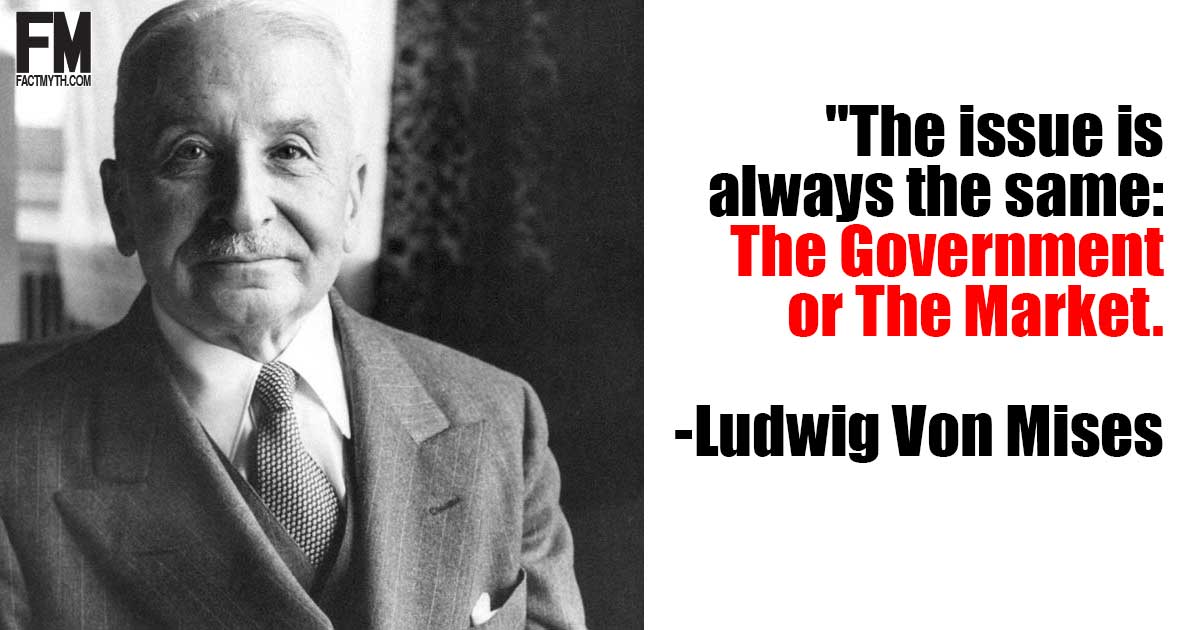
For a given market, the choice always boils down to state intervention vs. the free-market, there is no third option (unless you count mixed-markets).
Culture is a broad category referring to the way we experience, classify, and share our humanity. The arts, a subdivision of culture, focus on expression of experiences and ideas.
Arts and Culture include subjects like film and television, food and drink, video games, visual arts, performing arts, mass media, sports, literature, and more.

For a given market, the choice always boils down to state intervention vs. the free-market, there is no third option (unless you count mixed-markets).
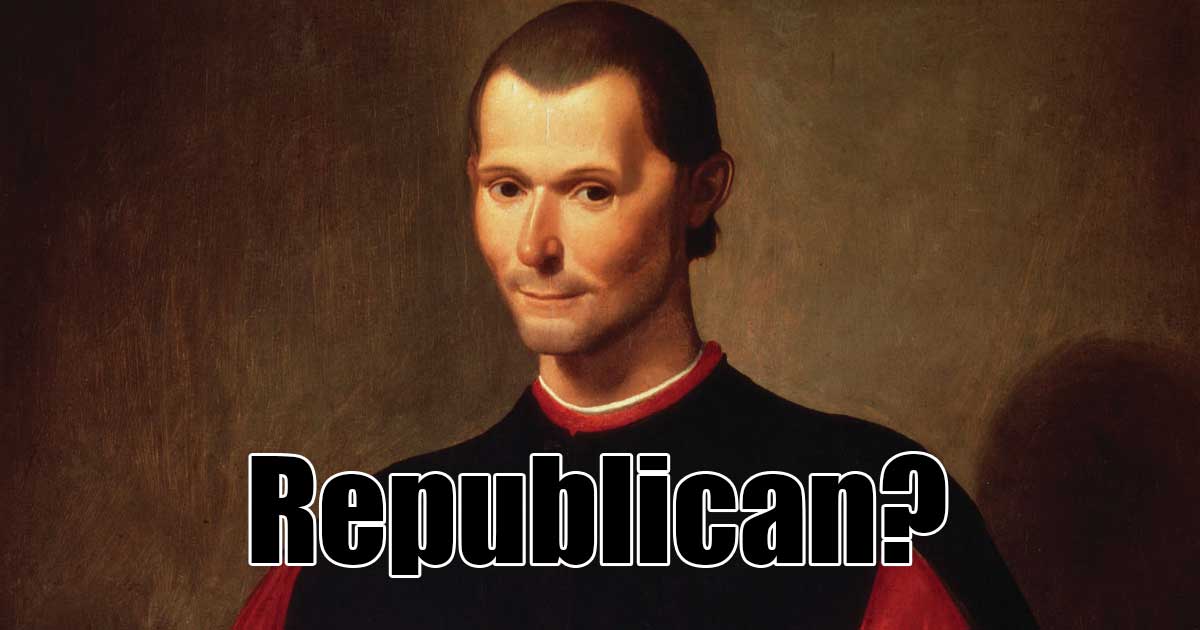
Niccolò Machiavelli can be considered the father of modern political science, and his book The Prince one of the first works of modern political philosophy (if not just modern philosophy).
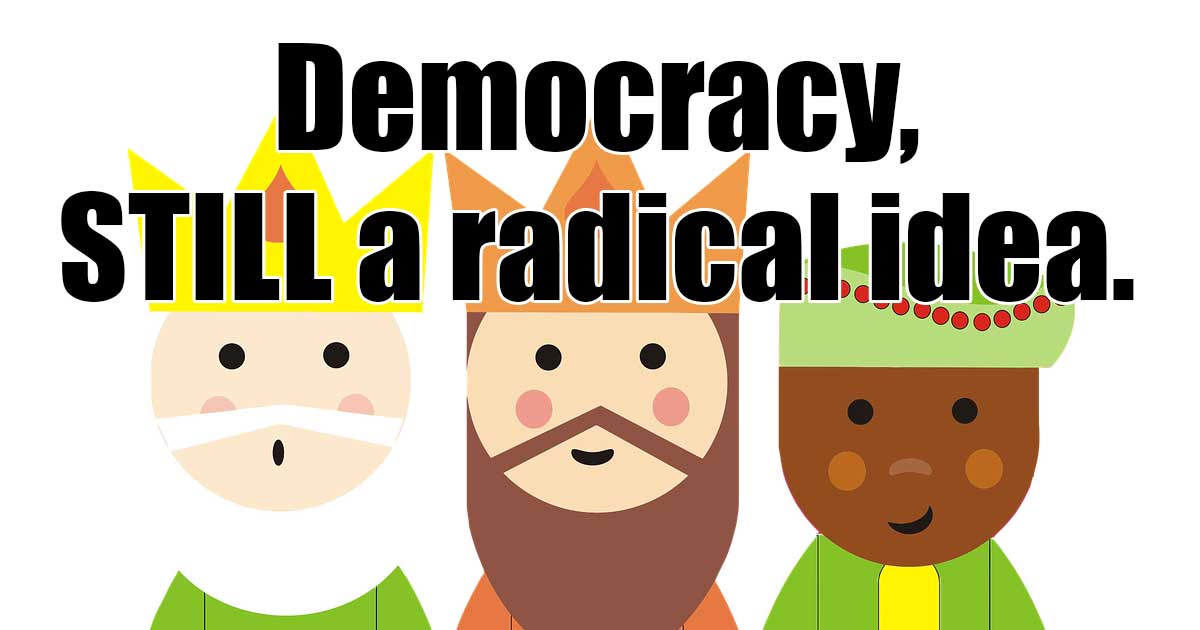
Saul Alinsky, the American community organizer and author of Rules for Radicals, can be considered the father of modern community organizing.
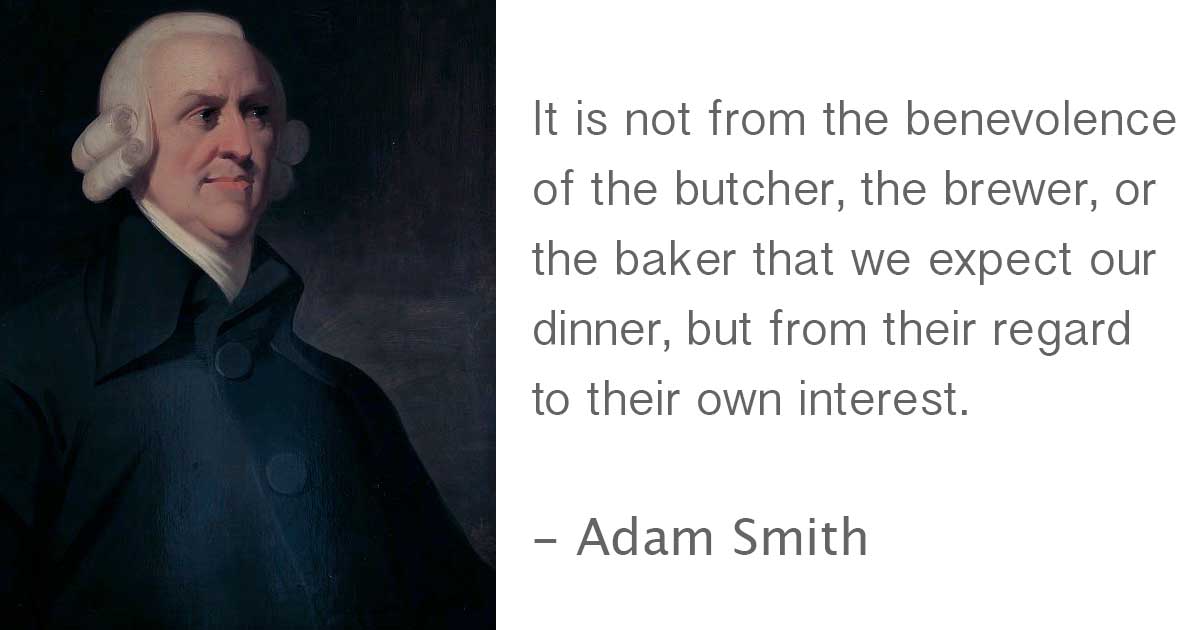
We explain Adam Smith as a Moral Philosopher, and explore how his Theory of Moral Sentiments connects to his economic theory from The Wealth of Nations.
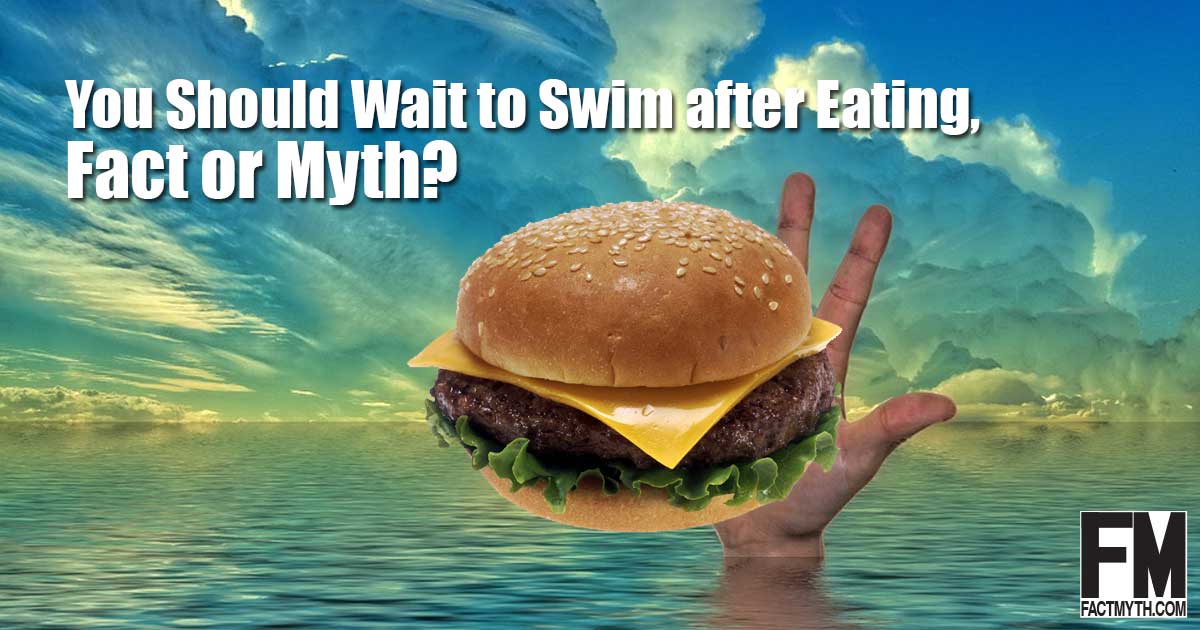
You don’t have to wait to swim after you eat. Swimming after eating doesn’t cause cramps and has minimal to no effect on swimming performance.
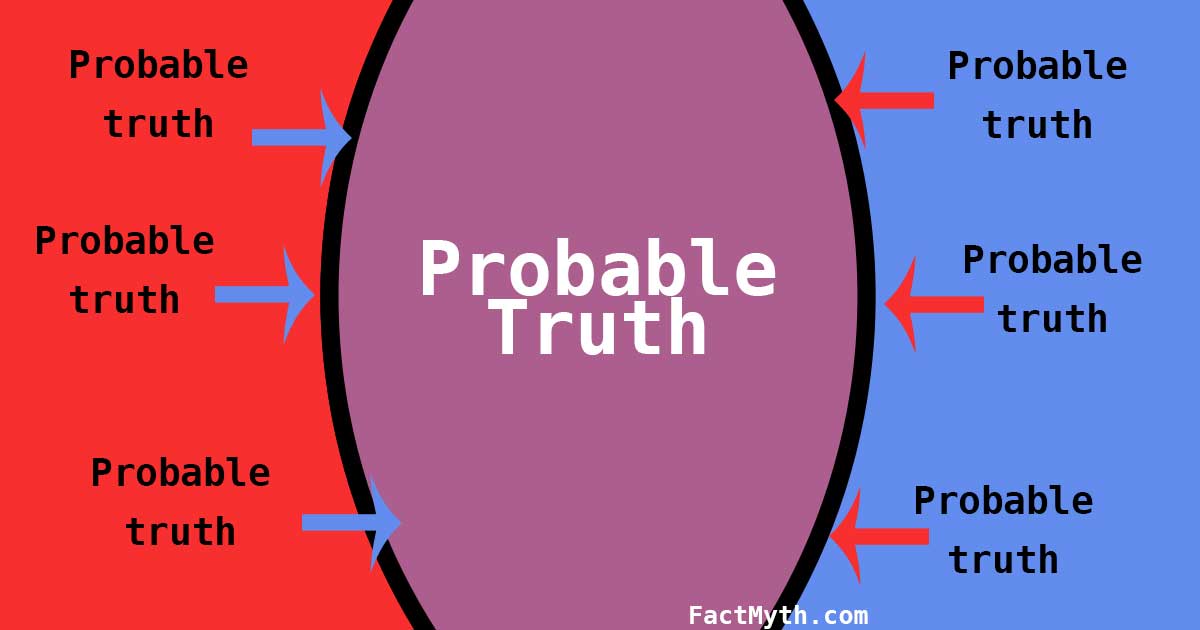
Blaise Pascal and Pierre de Fermat invented probability theory in 1654 to solve a gambling problem related to expected outcomes.
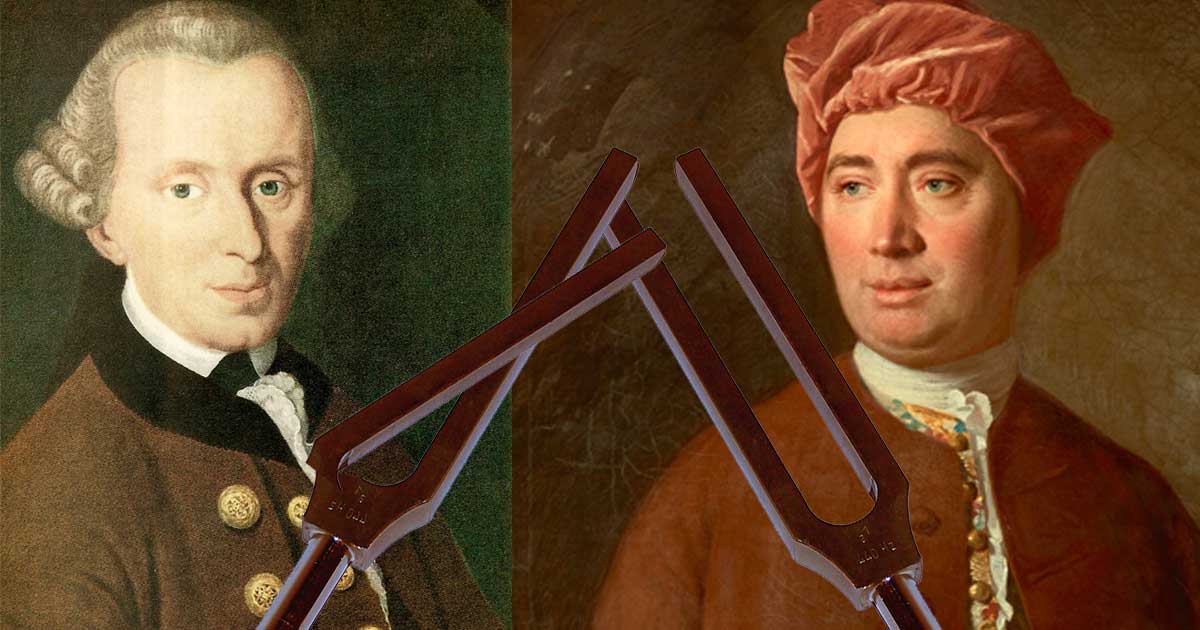
After reading David Hume, Immanuel Kant avoided social engagements for decade while fusing Hume’s ideas with his own, the result was Kant’s, a Critique of Pure Reason.
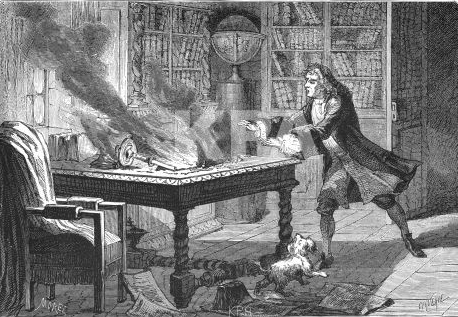
Isaac Newton produced many well-known works in math, astronomy, and physics, but he produced about as many unpublished works which dealt with theology, alchemy, and the occult.
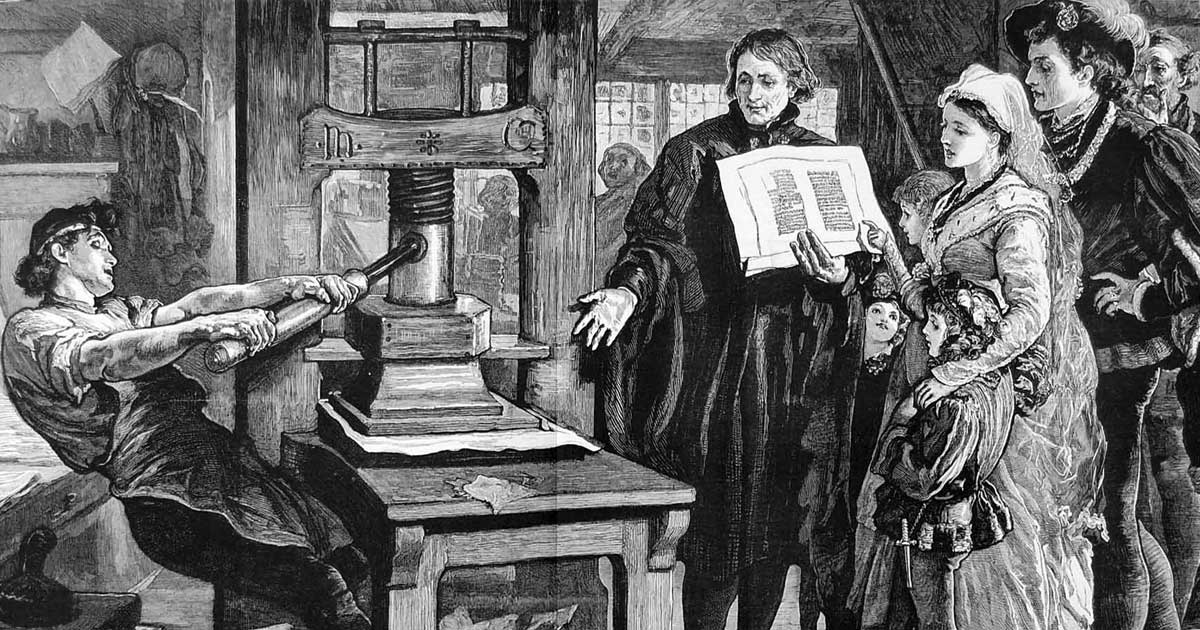
The printing press (invented by Johannes Gutenberg in 1440) changed the world during the Renaissance, and ushered in the Scientific Revolution, Enlightenment, and Modern Age.
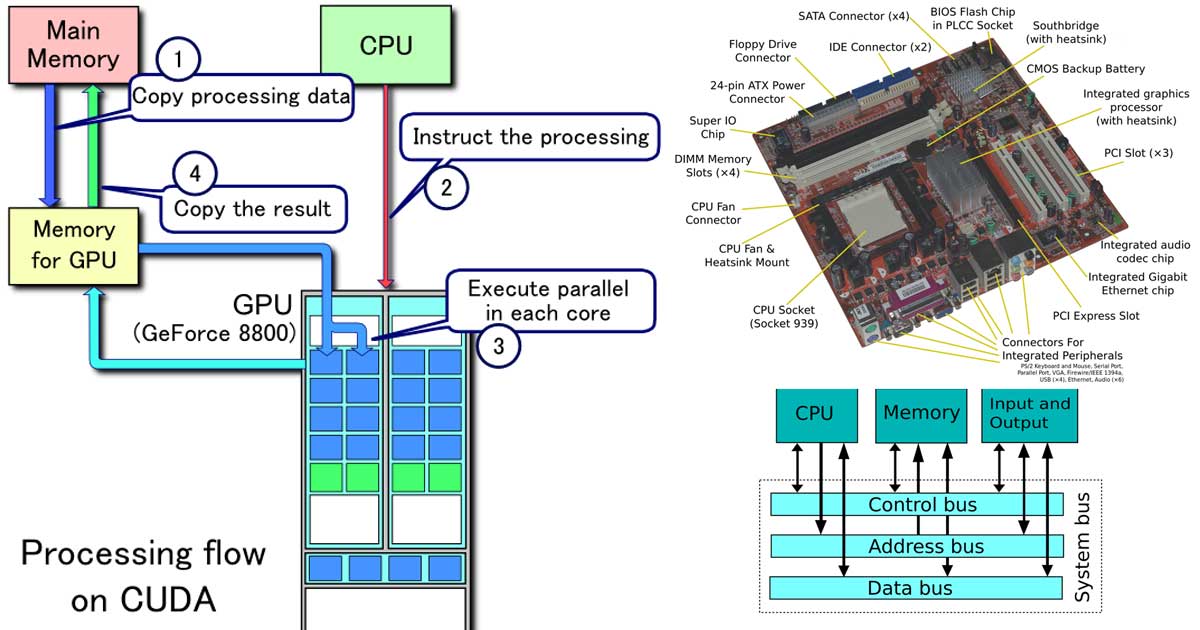
Though there are a lot of components to a computer, we look at the few basic parts of a computer: CPU, RAM, HardDrive, GPU, Buses, and input/output.